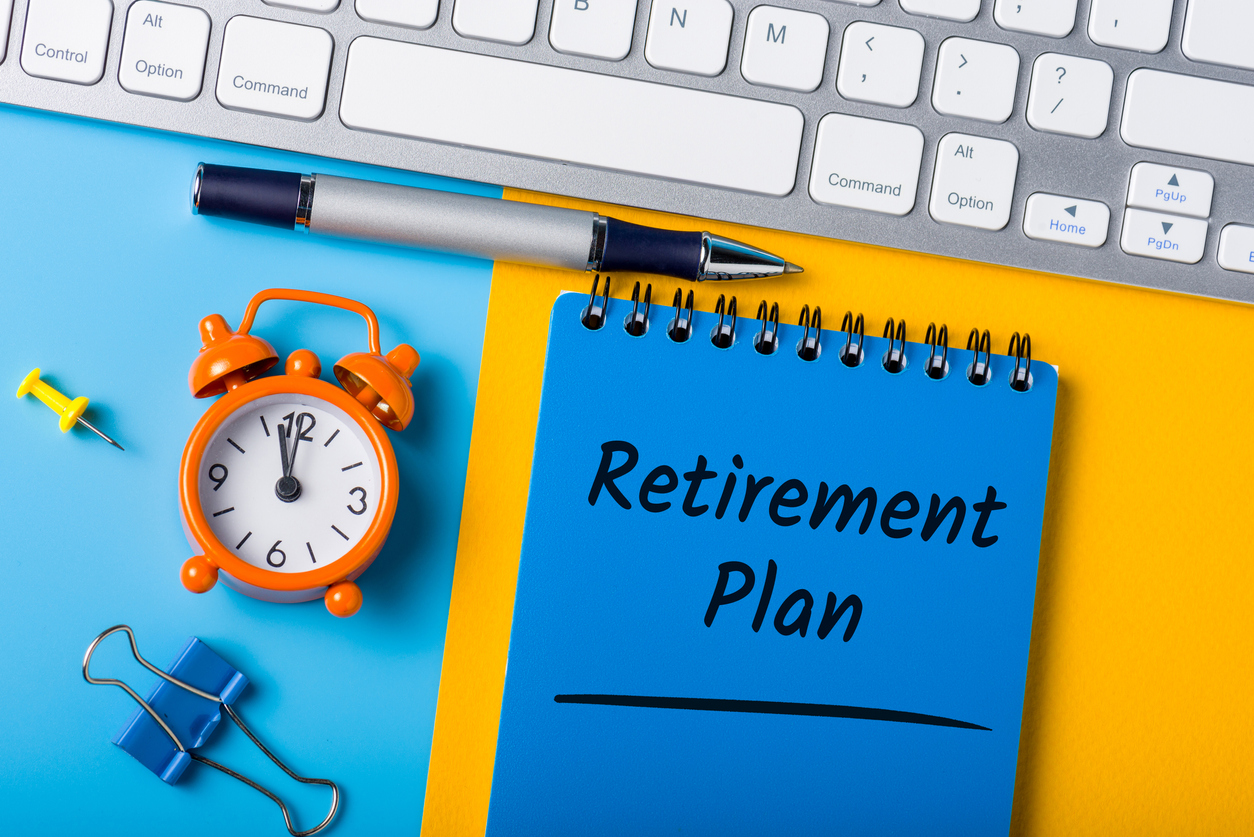
A recent survey of people who have or plan to retire in 2021 provides interesting insights, whatever your intended retirement year.
The average age of people planning to retire in 2021 is 60, according to a recently published survey by investment manager, Standard Life Aberdeen. That is six years before current state pension age, which will rise from 66 to 67 between 2026 and 2028. Those 2021 retirees will, on average, live for another 25 years if they are men, and 28 if they are women, according to the Office for National Statistics (ONS). A quarter will survive to age 92 and 94, respectively, implying over a third of their life is spent in retirement.
The Class of 2021 report found that 37% of respondents had brought forward their retirement date because of the Covid-19 pandemic – a reminder of the importance of building flexibility into your retirement planning. Perhaps the acceleration of plans also explains why only about two in five felt very confident they were financially ready to finish working this year. The lack of financial confidence also showed up in other responses:
- Nearly half intended to cut their spending to support their retirement.
- Just over a quarter said they would work part-time for the same reason.
- One in five planned to sell their property or downsize to meet their retirement costs.
Those costs may have been underestimated, as the average planned retiree’s household spending was £21,000 a year, almost a third less than the average 2020 household income, according to the ONS.
The most concerning statistic was not one directly supplied by the retirees, but the result of an assessment by the survey’s sponsor, the Pensions and Lifetime Savings Association. The Association calculated that even using the £21,000 annual spending target and allowing for the eventual arrival of the state pension, two-thirds of the 2021 retirees were at risk of running out of money. The association’s estimate was that a savings pot of £390,000 was needed to cover 30 years of retirement expenditure.
All food for thought, whatever your planned year of retirement…
If you are interested in discussing the above with one of our experienced financial planners at FAS, please get in touch here.
The value of your investment and the income from it can go down as well as up and you may not get back the full amount you invested. Past performance is not a reliable indicator of future performance.





